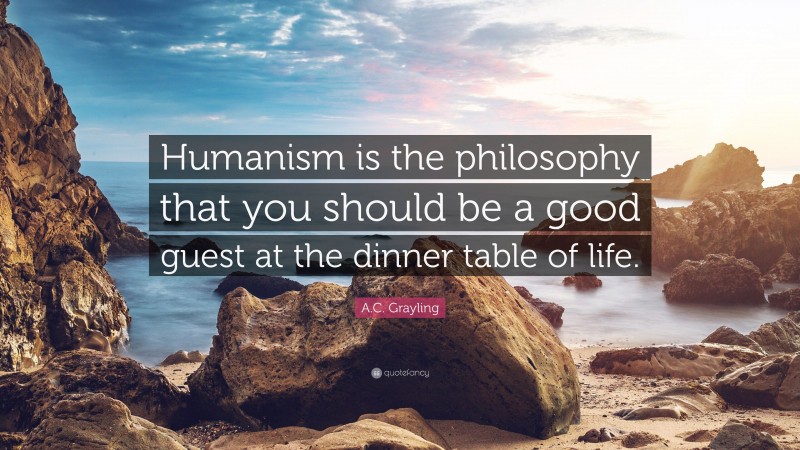

Consider the most basic question that any historian must tackle: Where do you begin? Where and when was the activity we call “philosophy” first undertaken? To answer these questions you would need to know what philosophy is, and how it differs from religion and literature on the one hand (which are much older), and science on the other (which, at least in the form in which we now know it, is much younger). And book reviews rarely rise to the level of literature.īut, unlike these other fields, the history of philosophy is part of philosophy itself.

You cannot win a Nobel Prize in chemistry by determining who the first chemist was. It tends to swallow any question about itself and make it into just more philosophy.

Philosophy is a uniquely reflexive activity. ‘The Death of Socrates’ (1787) by Jacques-Louis David.


 0 kommentar(er)
0 kommentar(er)
